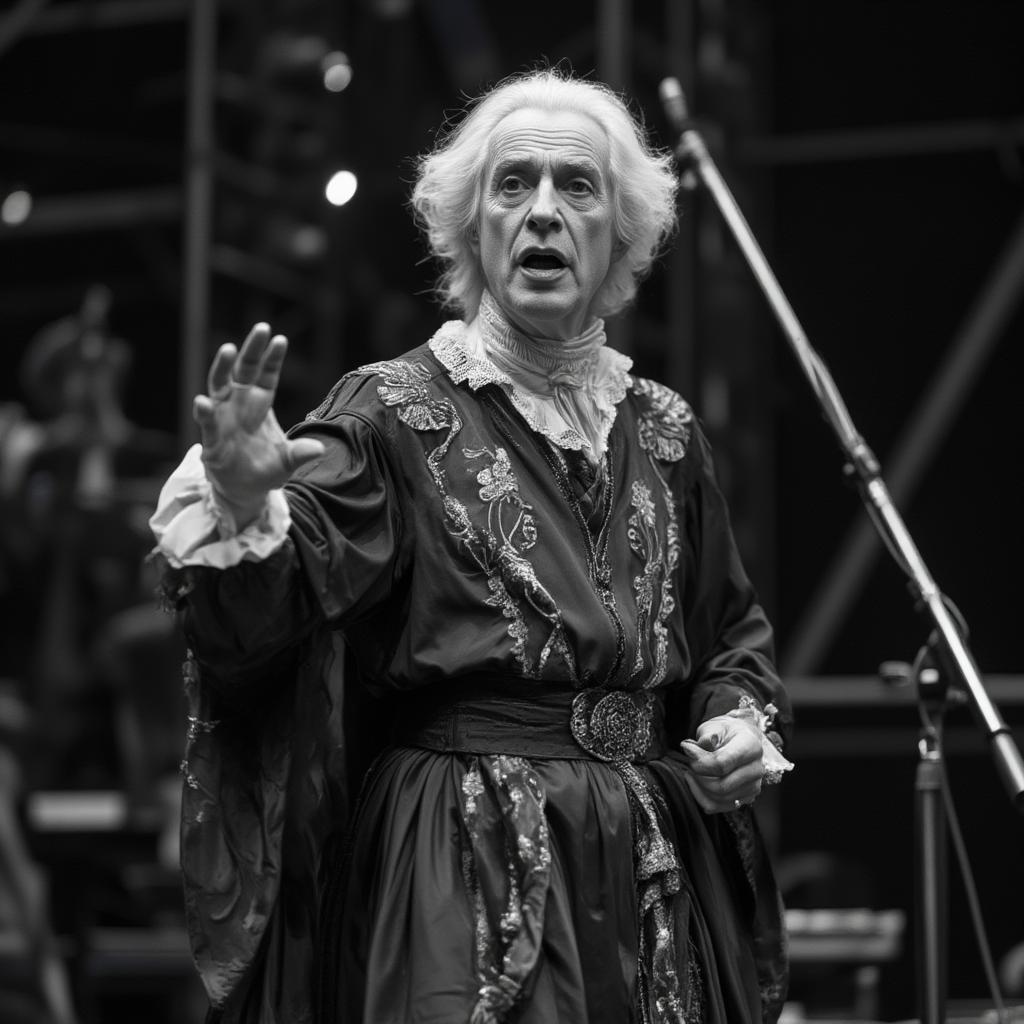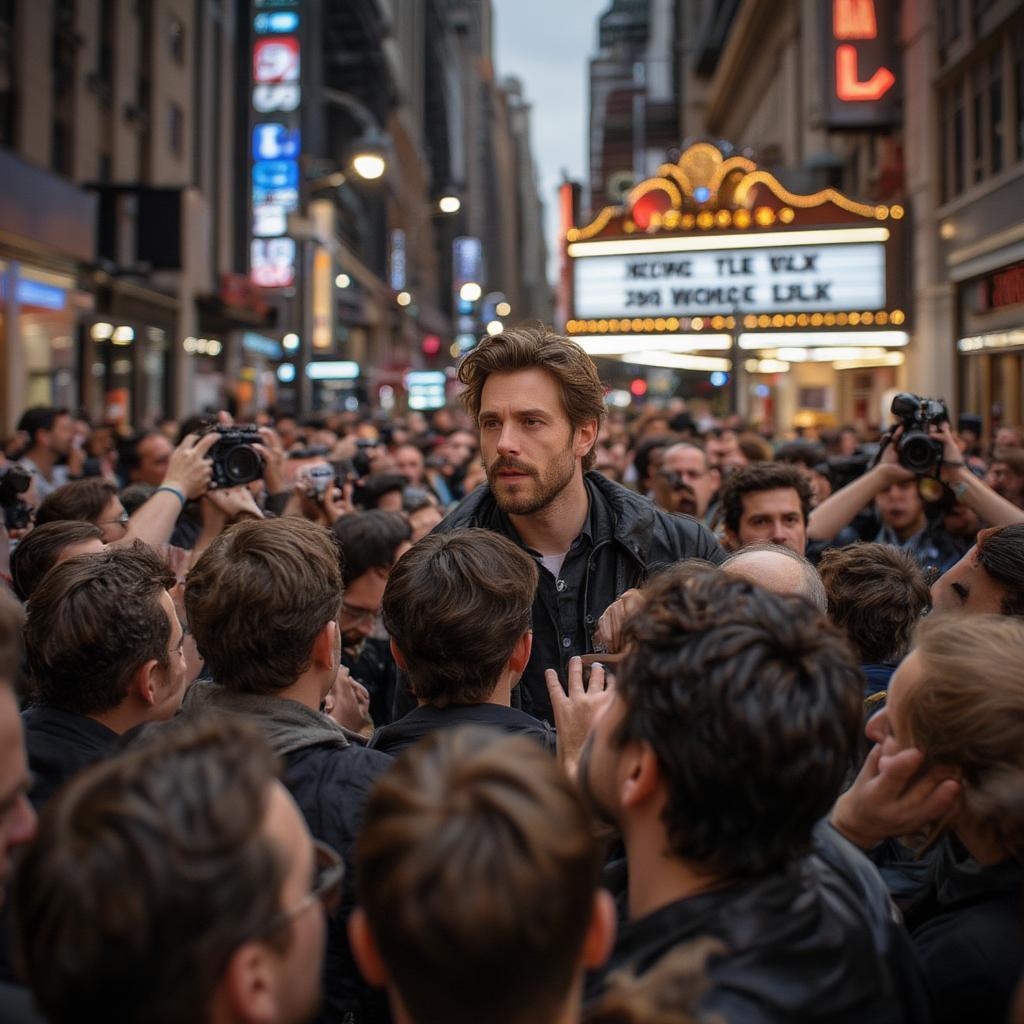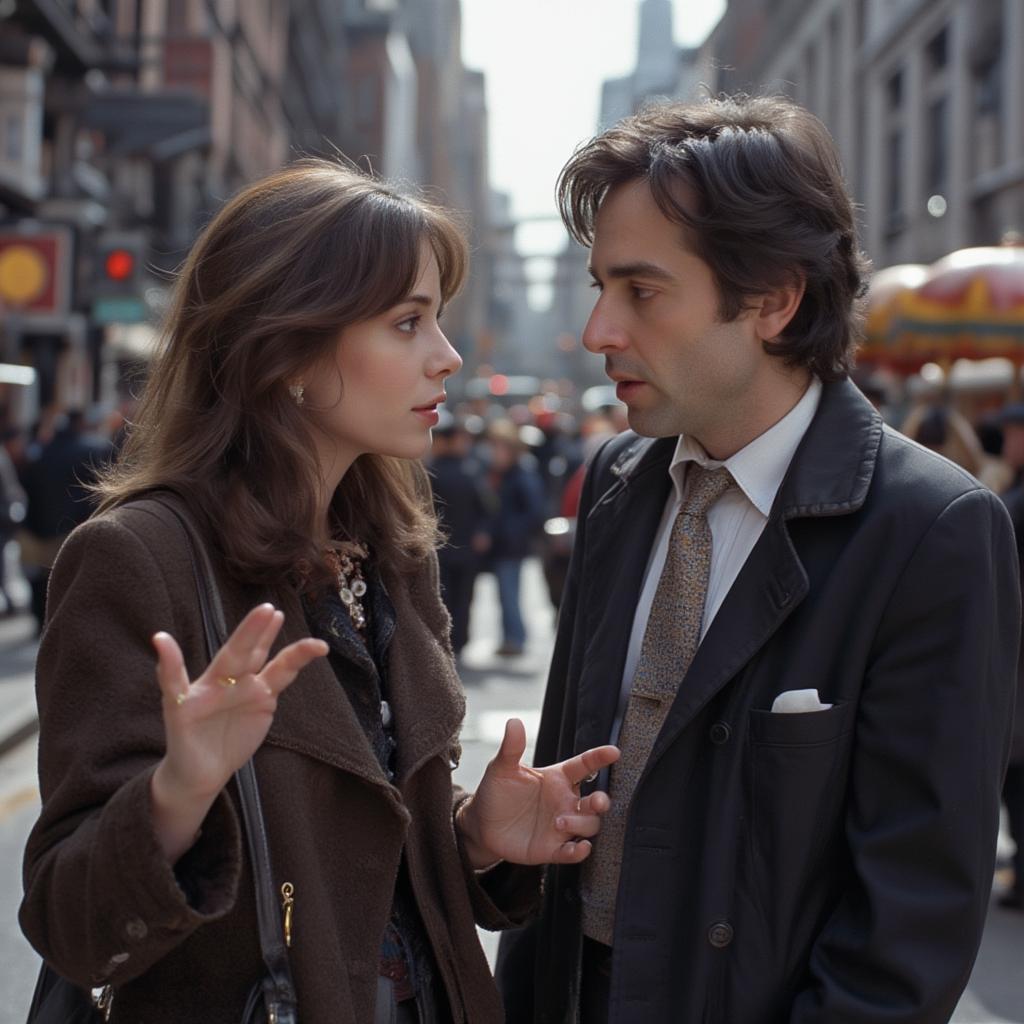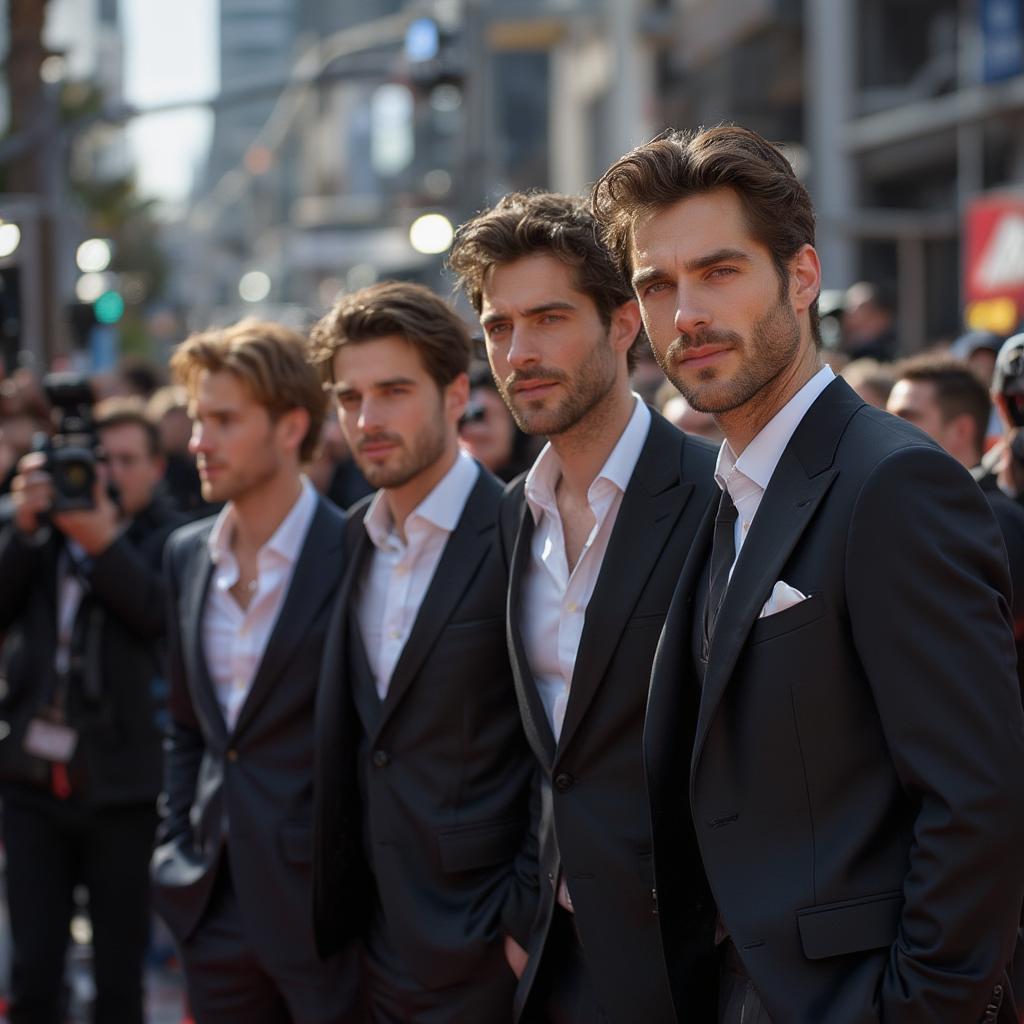Famous Gay Actors of the Past: A Cinematic Legacy

The silver screen has always held a captivating allure, reflecting society’s evolving norms and hidden truths. One such truth, often veiled in secrecy and speculation, is the presence of famous gay actors who graced the stage and screen in bygone eras. This exploration delves into the lives and careers of these remarkable individuals, acknowledging their contributions to cinema while navigating the complex social landscape of their time.
The Unspoken Truth: Gay Actors in Hollywood’s Golden Age
Hollywood’s Golden Age, a period spanning roughly from the 1920s to the 1960s, was characterized by glamour, rigid moral codes, and the studio system’s iron grip on actors’ public image. Homosexuality was considered taboo, and any hint of it could ruin a career. This forced many gay actors to remain closeted, living double lives and relying on coded language and subtle performances to express their true selves. Despite these constraints, their talent shone through, leaving an indelible mark on cinematic history. Rock Hudson, a prominent leading man known for his romantic roles, serves as a poignant example of this era. His public persona as a heterosexual heartthrob masked his private struggles with his sexuality.
The Lavender Scare and Its Impact on Famous Gay Actors
The Lavender Scare, a period of intense anti-gay persecution in the mid-20th century, paralleled the Red Scare and further exacerbated the challenges faced by gay actors. Government agencies and studios actively sought to purge homosexuals from the entertainment industry, fearing their influence on public morals. This atmosphere of fear and repression led to blacklisting, career sabotage, and immense personal suffering for many talented individuals.
Beyond the Closet: Pioneers of Visibility in the Mid-20th Century
While the Golden Age enforced silence, the mid-20th century witnessed a slow but significant shift. Actors like Tab Hunter and Anthony Perkins, though initially constrained by societal expectations, began to challenge the status quo in subtle ways. Their performances often hinted at a complexity that resonated with audiences on an unspoken level. Although they didn’t openly declare their sexuality during their peak careers, their later acknowledgments paved the way for future generations of LGBTQ+ actors.
Were There Openly Gay Actors in the Early Days of Hollywood?
While open declarations were rare, some actors in the early days of Hollywood lived relatively open secret lives within the industry. Director George Cukor, known for his work with iconic actresses, was openly gay within Hollywood circles, and his parties were legendary for their inclusivity. While not explicitly stated, this openness within the industry suggests a complex interplay of tolerance and discretion. This raises questions about how “famous” equates to public acknowledgment versus industry knowledge. What constituted being “out” in a time when societal norms were drastically different?
British Stage and Screen: A Different Landscape for Famous Gay Actors
Across the Atlantic, the British stage and screen often provided a more tolerant environment for gay actors. Sir John Gielgud, a celebrated Shakespearean actor, achieved critical acclaim despite being openly gay. Though he faced legal challenges for his sexuality in the 1950s, his career remained largely unaffected, highlighting a cultural difference in attitudes towards homosexuality between Britain and the United States. This begs the question: Did the more established theatrical tradition in Britain contribute to a greater acceptance of gay actors compared to the newer, more image-conscious Hollywood system? Did British audiences value artistic merit over perceived moral failings?

“The art of acting,” remarked esteemed theatre critic, Benedict Harding, “lies not in concealing oneself but in revealing the universal truths of the human condition through the lens of a specific character. Actors like Gielgud understood this inherently, allowing their own experiences, regardless of societal expectations, to enrich their portrayals.”
The Legacy of Famous Gay Actors: Paving the Way for Future Generations
The struggles and triumphs of Famous Gay Actors Of The Past laid the foundation for the greater visibility and acceptance enjoyed by LGBTQ+ actors today. Their resilience in the face of adversity, their coded performances that resonated with closeted audiences, and their eventual steps towards greater openness helped to shift cultural perceptions and pave the way for a more inclusive entertainment industry. The fight for representation continues, but the contributions of these pioneering figures should not be forgotten.
Conclusion: A Continuing Evolution
The journey of famous gay actors of the past is a complex and often heartbreaking tale of hidden identities, societal pressures, and artistic brilliance. Their stories remind us of the importance of representation and the power of art to transcend societal barriers. By examining their lives and careers, we gain a deeper understanding of the evolving relationship between sexuality, public image, and the enduring legacy of cinema. young actors with famous parents often face similar pressures to conform to certain expectations, albeit in a different context. The echoes of the past continue to resonate in the present, reminding us that the fight for authenticity and acceptance in the entertainment industry is an ongoing process.




